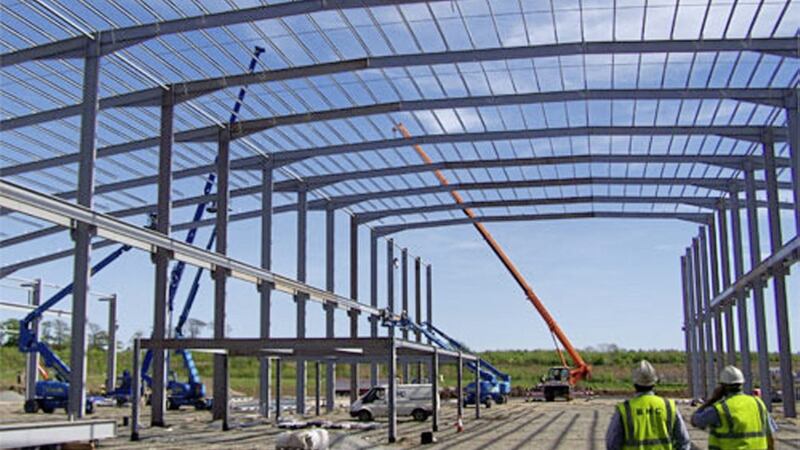WHEN looking at how we must transform our education system for the future of our young people, real consideration must be given to the skilled sphere and how we must encourage the next generations of workforces to consider vocational pathways when looking at their post-school options.
The post-pandemic era labour shortages, which are becoming more and more apparent, are a clear indicator of the gap which long existed in our education system. But within the gaps and shortages stands an opportunity for our young people to be the catalyst of change for skills in Northern Ireland and be part of the new emerging workforce of skilled talent who can deliver the economy growth and transformation envisaged in the 10X Economic Strategy.
The Independent Review of Education must address the emerging skills gaps, the so called ‘brain drain’, and focus on how educational institutions need to work together to create a new education eco-system where vocational pathways are promoted and valued by all.
Across the six Further Education Colleges in Northern Ireland, we are providing people of all ages with skills and adaptable know-how which will enable them to access jobs in these key pockets of the economy which are currently struggling to retain staff. This could be multiplied across sectors if the right investment and joined-up approach to skilled learning was applied.
However, shortfalls and silos must be broken down to enable young people across Northern Ireland to have full access to information and guidance that will help inform their next steps when leaving the school system at key transition points including completion of GCSEs and A-Levels.
Collectively, the six Further Education Colleges have brought forward recommendations on how schools and FE colleges can work in a new spirit of partnership that places the needs of the young person first. This includes a formal agreement between schools and FE colleges for post primary schools to work to provide more effective careers information, labour market information and access to a new and emerging vocational education and training system.
This new vocational education system based on traineeships and advanced technical awards should be progressed within colleges and will provide opportunities for transitioning to apprenticeships and progression to higher education.
The strong connection that colleges have with many hundreds of businesses across Northern Ireland places colleges in an ideal position to provide the future workforce in areas including fintech, software development, cyber security, advanced manufacture and engineering and health care.
There is a real opportunity to provide all young people with access to vocational education and training within the wider education system in Northern Ireland.
Our six colleges have the tools, courses and expertise to train and upskill people of all ages to play their role in the new economy. We hope that all those in the education sector are as determined to break down barriers and achieve a system fit for all.
:: Brian Doran is chief executive and principal of Southern Regional College









